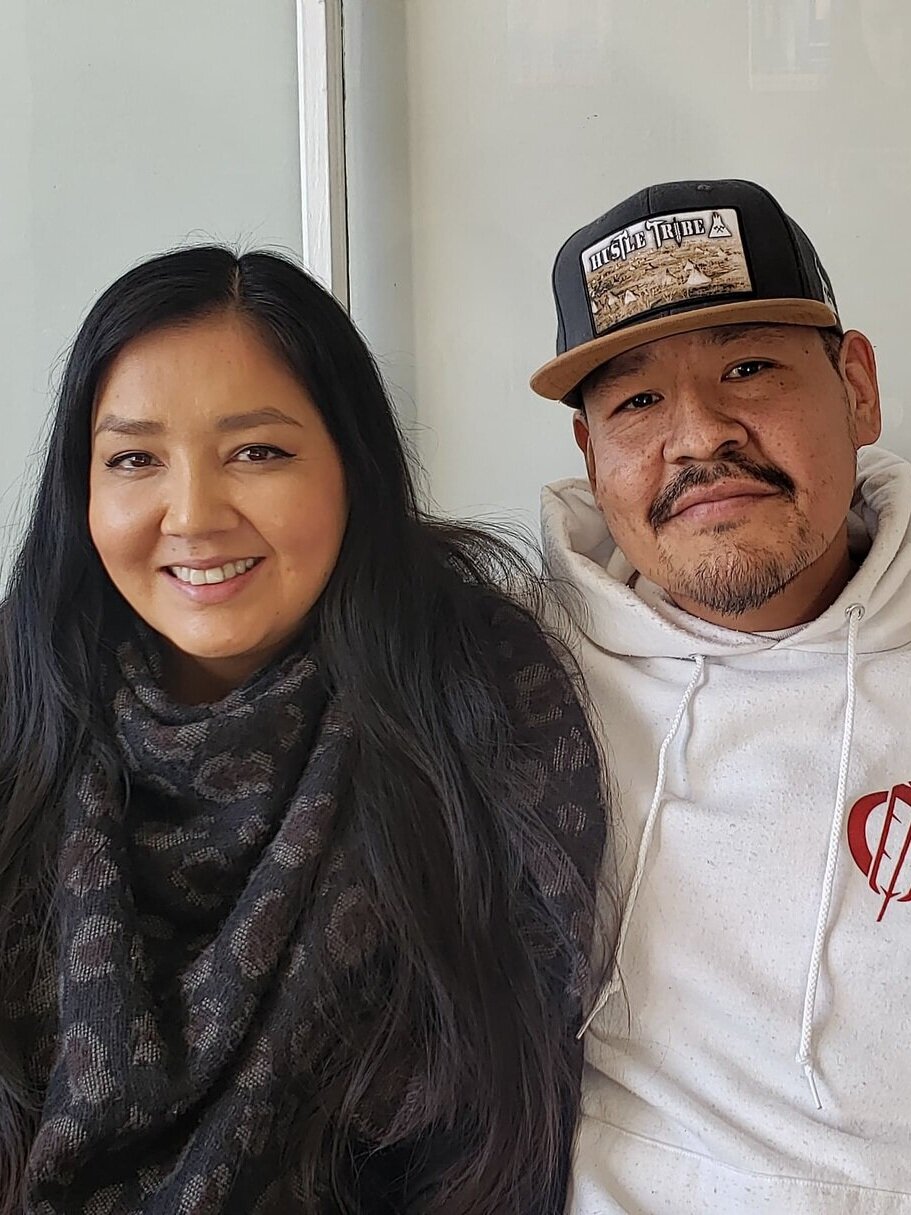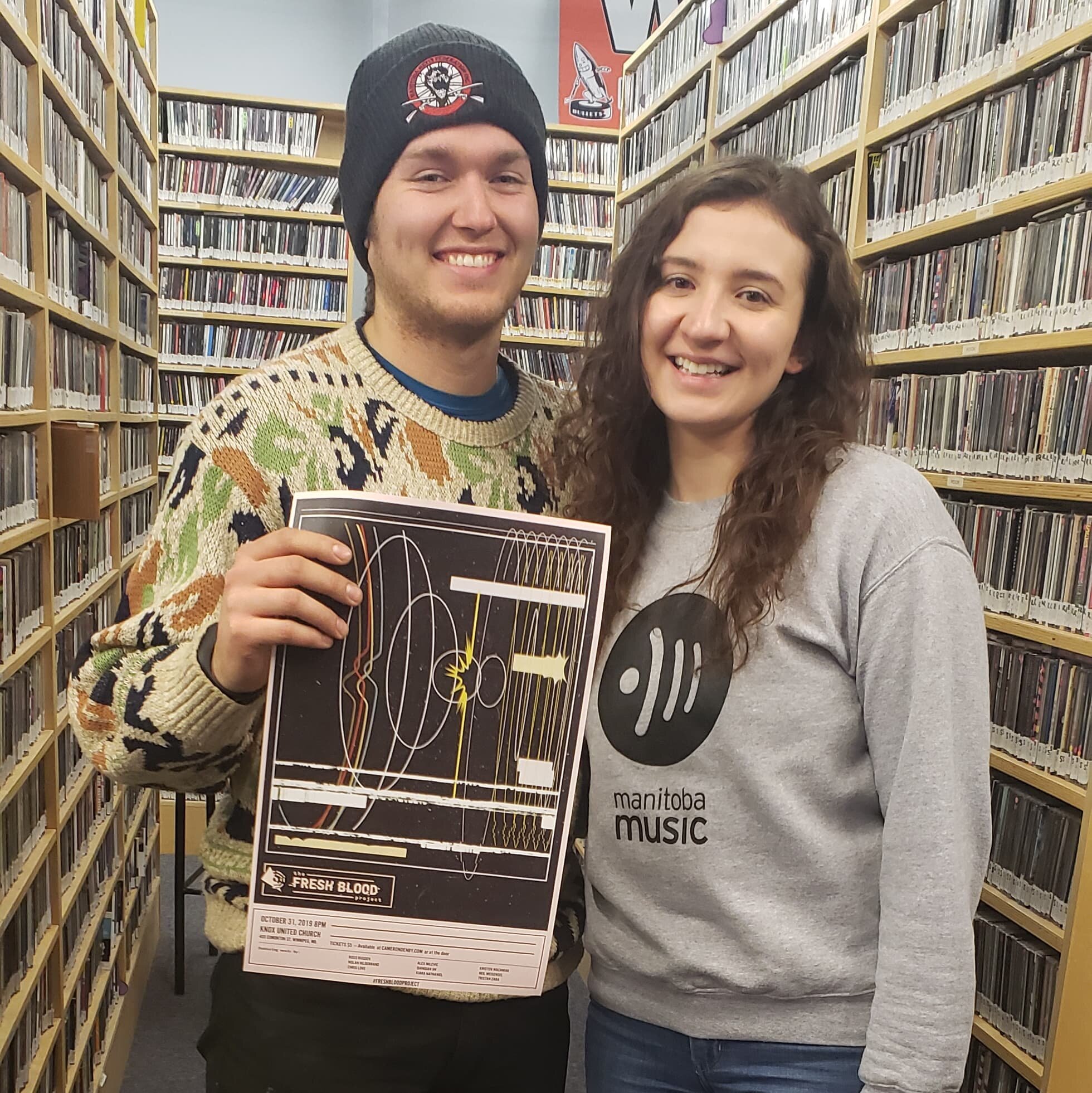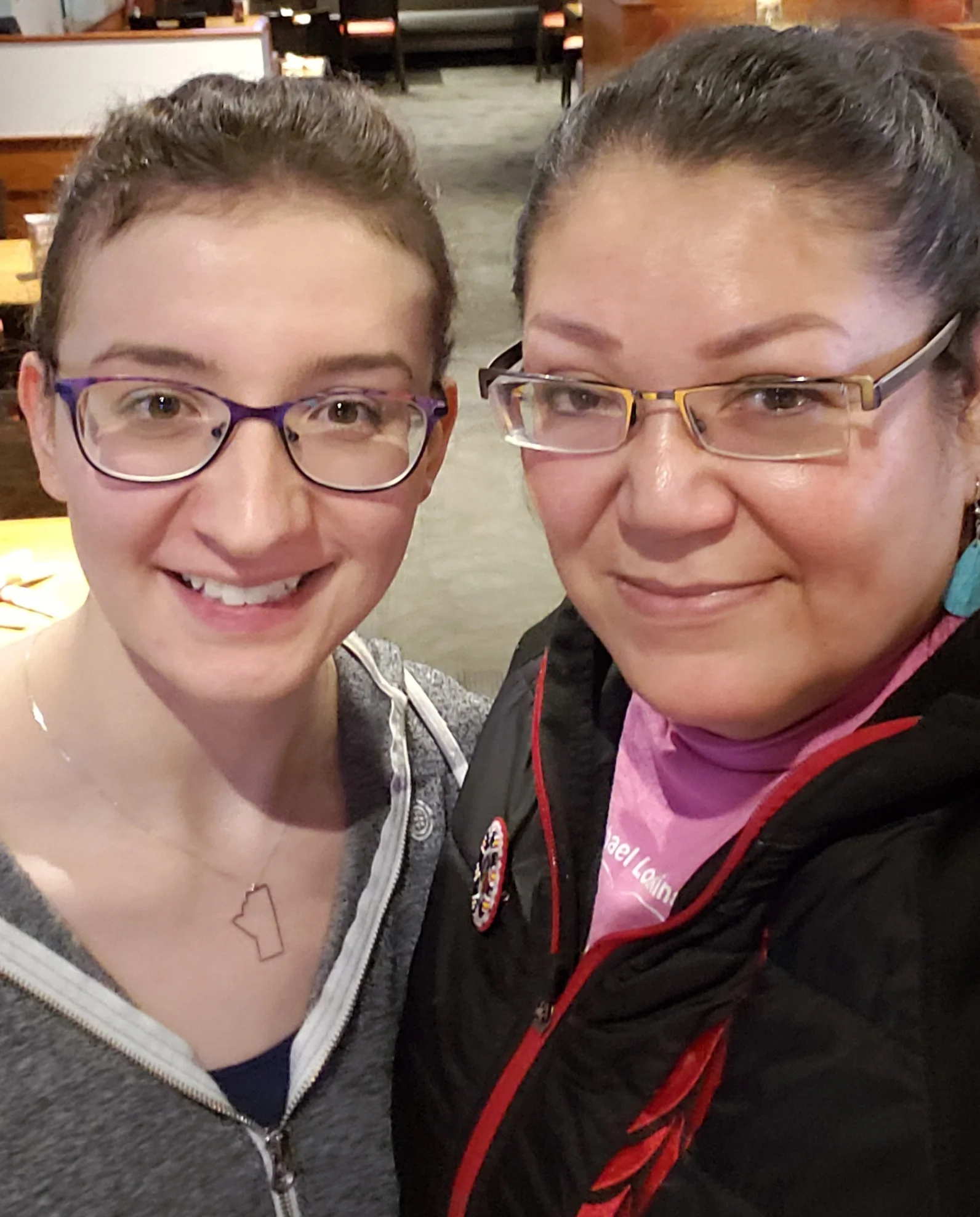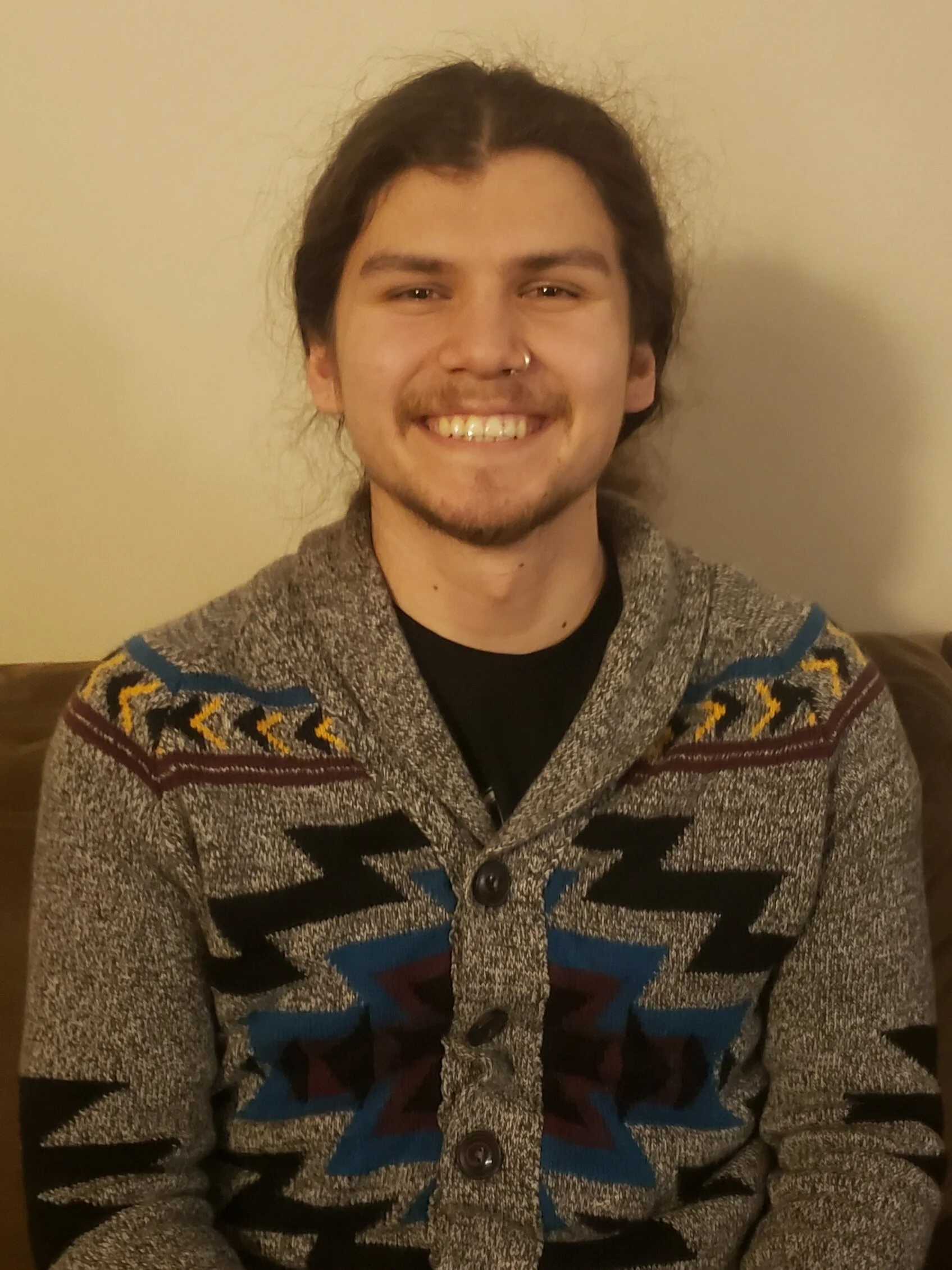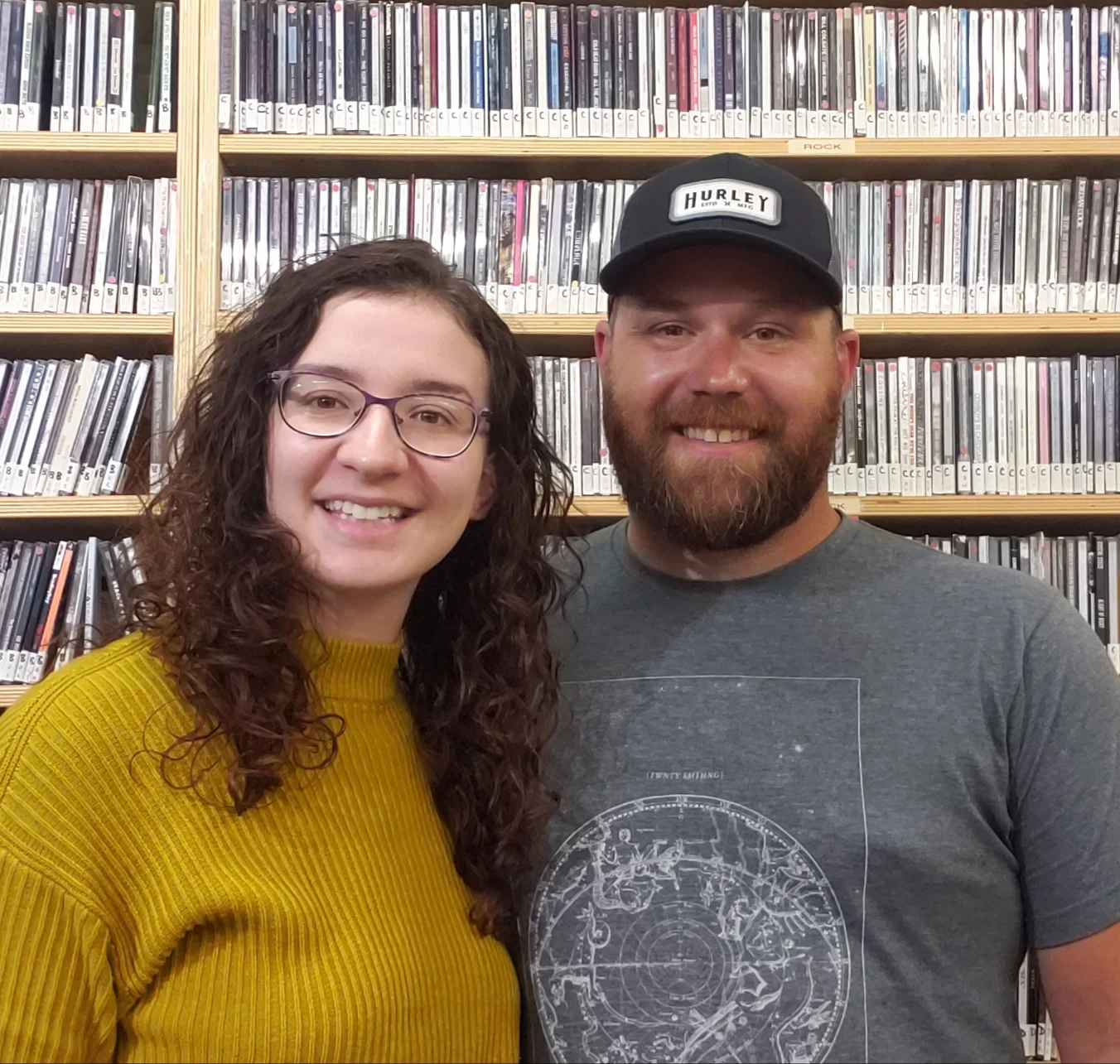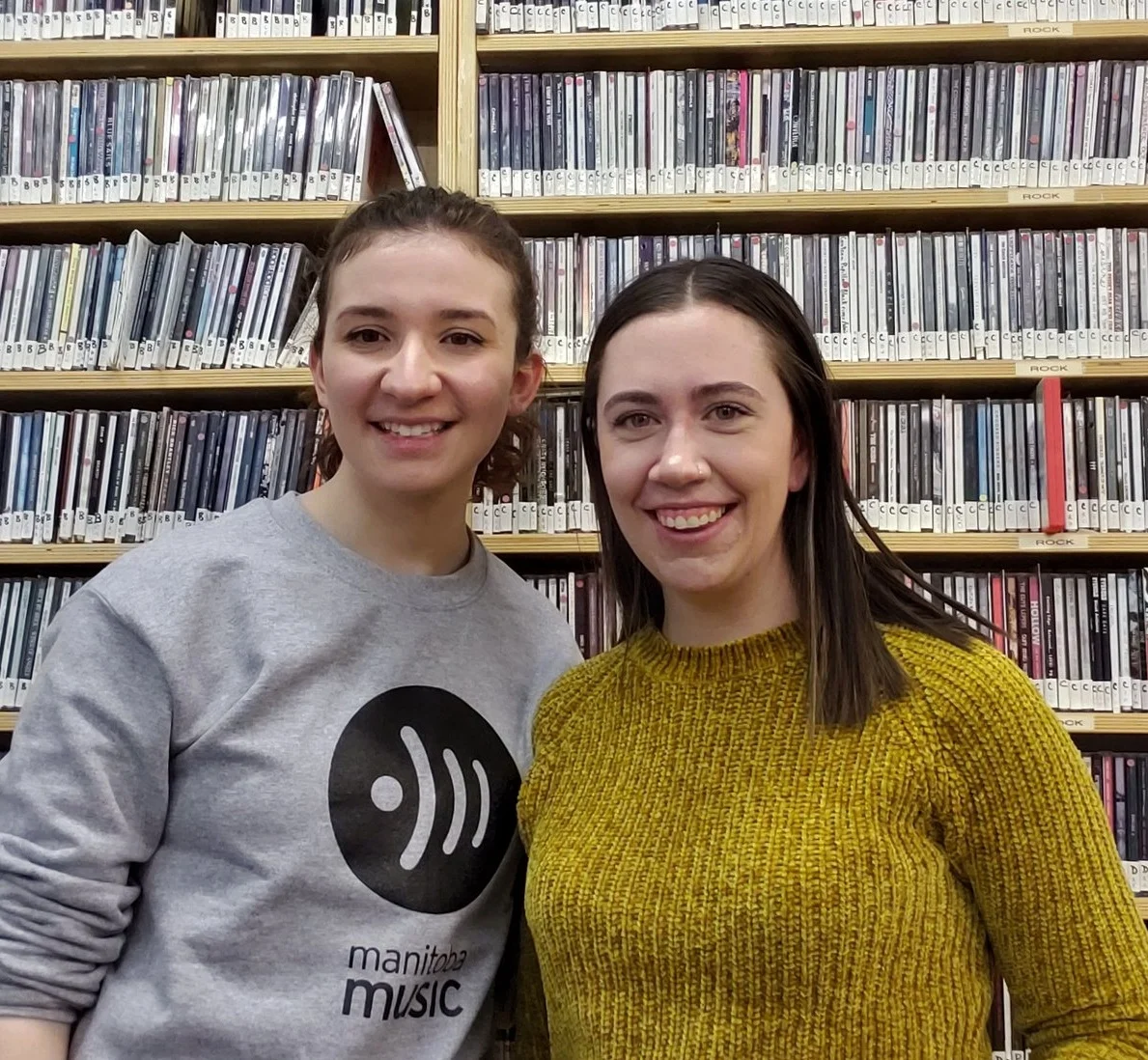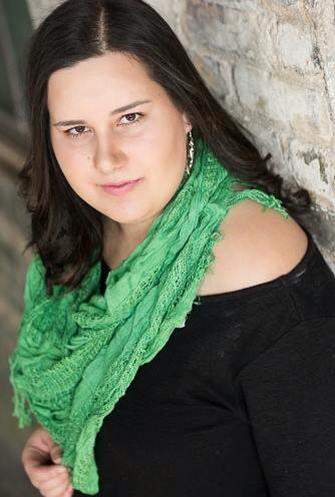I: I practice everyday. I try to do at least 2 to 3 hours a day; which I would consider a light day of practice. Ideally I like to practice 4 or 5 hours each day of piano but it doesn’t always workout with school and courses. The biggest struggle I’m finding with practice is balancing solo and collaborative music. I’m finding myself being drawn more and more to collaborative music and wanting to practice it more; but I do need a strong solo base. That’s why I’m here at the university to study solo piano for the next four years.
I try to spread it out [my practice sessions] through out the day though. I have experienced injuries and after coming back from that I have started taking a close look at my technique and strengthening my muscles. I stay at school for an hour or two between practice sessions in order to maintain a healthy practice regiment.
A: When you are practicing, what are you focusing on?
I: I generally use my repertoire to work on my technique, so I don’t do a lot of scales or exercises. I did a lot of that when I was younger and I had a great teacher back in BC, where I’m originally from, and I am really fortunate to have a great technical base. I rarely practice by playing my pieces over and over at the full speed. I take each piece apart and study them. I will never forget the time I took 4 hours working on 12 bars. I don’t do that very often, that is an extreme case.
For example I will take something like a difficult sixteenth note passage and play it in seven different rhythms, different volume levels and accents. Even when I have a particular sound in mind, I like to play around with other sounds and colors because I feel it’s really close-minded to have only one idea for the song.
A: I’m always interested to hear other musicians tell me they too spend a lot of time on one section. It can be discouraging coming to a university with all these extremely talent musicians and forget they need to practice just as much as I do.
I: Yeah, I think a lot of the time we worry that the rest of the piece is going to be neglected if we are only working on one part. I find that if we are nervous about a piece that we are not quite prepared for. It’s usually one or two specific spots that worry us; not every single note of the piece. Once you take that fear out, like “I don’t have to worry about this part when I get to it”, suddenly the piece isn’t about worrying that one page of the song and you can pay attention the entire piece and it keeps you stable.
We also have a tendency to start at the beginning of a piece, which gets it to be really good on its own. I’ve begun starting on the last page of the music I’m working on.
One song I’m working on right now is a Chopin Nocturne, which always tends to get more difficult as the piece goes one. I always want to start at the beginning because it’s so beautiful and there is so much to do with it musically. But the last page is not as strong as the first; and so I work backwards.
A: So who would you say inspires you musically?
I: Definitely, the teachers that I’ve had. I’ve been really fortunate to study with really high caliber teachers. Even though I lived in a relatively isolated area, I always would find myself traveling far for lessons.
When I was 4, I would have to be driven for an hour to and an hour back from lessons. I remember getting really carsick. When I was 9 I had to travel 3 and a half hours for lessons. I got to access really great musicians, I would say especially Lori Elder, and of course the wonderful faculty at the university of Manitoba. I try to, whenever I get a chance, go see the performances from the faculty. It’s really inspiring to see all of these musicians with such intention and clear artistic vision that I see on the stage.
I am hugely inspired by the human voice; ultimately, it's what all instruments do their best to imitate. So with that approach to music, I guess it's only natural that many of my biggest influences are singers. Classically, I am a crazy fan of Joyce DiDonato. I love the warm and human quality of her voice, and she is truly an artist who inspires me both on and off stage. I fell in love with Maria Callas at a very young age - she's someone who's not known for a "perfect" or "pretty" voice, but who tells a story, and I connected to that immediately. My biggest piano inspiration is undoubtedly Martha Argerich. She plays with such raw passion, as though there's always a fire under her belly. Outside of the classical genre, I would say my most influential artists have been Carole King, Billy Joel, Radiohead, and Lady Gaga.
A: What accomplishments are you most proud of?
I: I would have to say number one is getting back into music. That was the scariest thing I’ve ever done. Initially I wanted to do voice, instead of the piano; which everything thought was really strange since I never had any vocal training. I was in university and I knew that I wanted to do music. I felt at the time that voice school was what was missing, what I really wanted to do. I thought that if it was piano I would have figured it out when I was playing piano.


